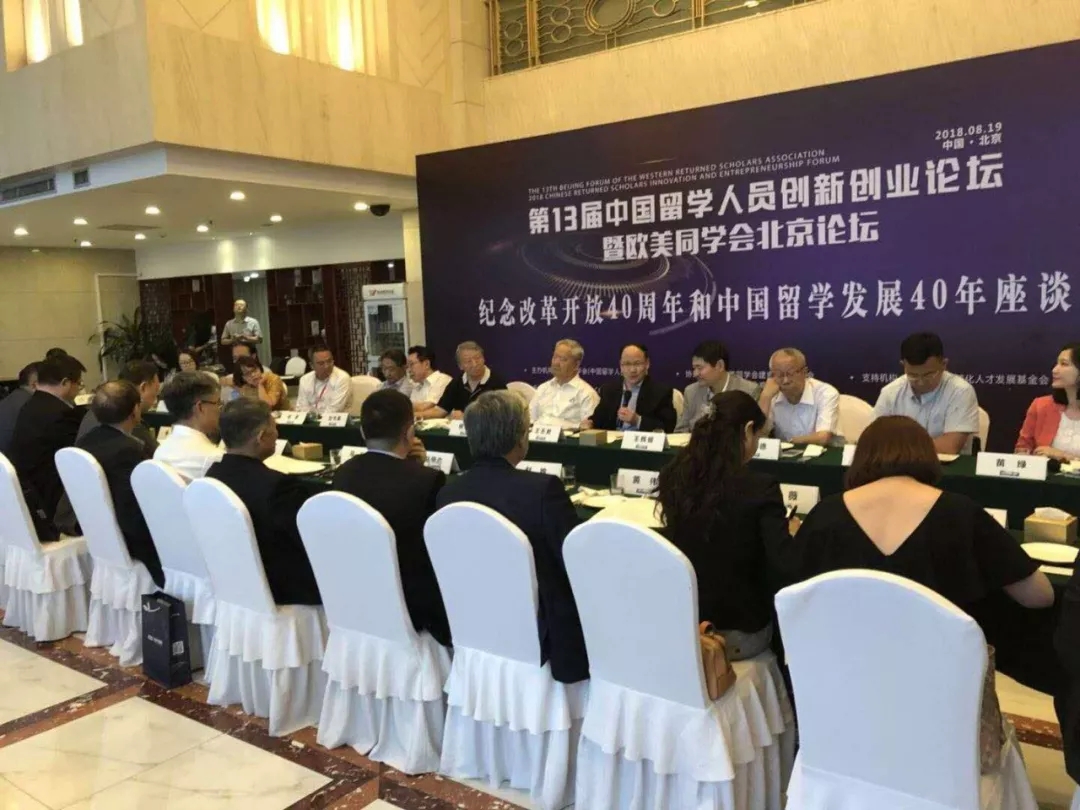CCG Hosts 2018 Chinese Returned Scholars Innovation and Entrepreneurship Forum to Review 40 Years of Reform and Opening-up Policy
CCG hosted the 13th Beijing Forum of the Western Returned Scholars Association & 2018 Chinese Returned Scholars Innovation and Entrepreneurship Forum. More than 50 leading business executives, entrepreneurs, and scholars have shared with the audience of nearly 800 people their experience of the reform and opening-up progress in the past 40 years and their insights about the future mission of returned overseas Chinese.
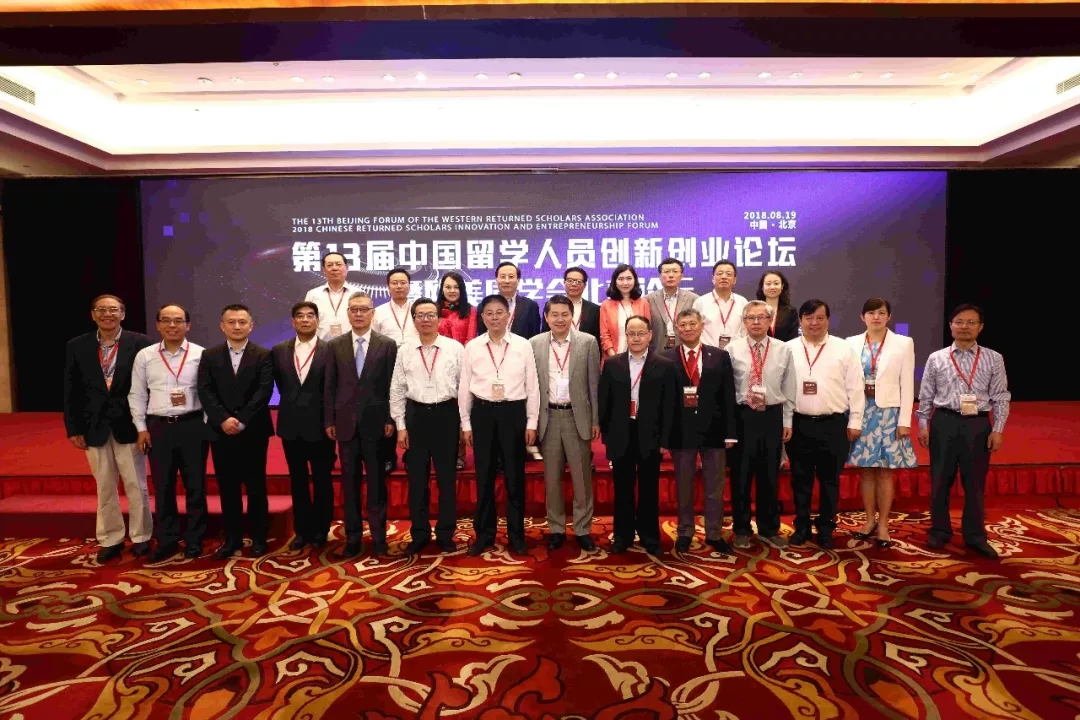
Deputy Director of United Front Work Department of CPC Central Committee Dai Junliang attended the forum and addressed the audience. He acknowledged the great contribution of returned overseas Chinese students to China’s modernization in the past 40 years, especially in technology innovation, industry upgrading, talent development and globalization of higher education. As China enters into a new era, he encouraged returned Chinese students to continue to play their unique role in building a strong nation.
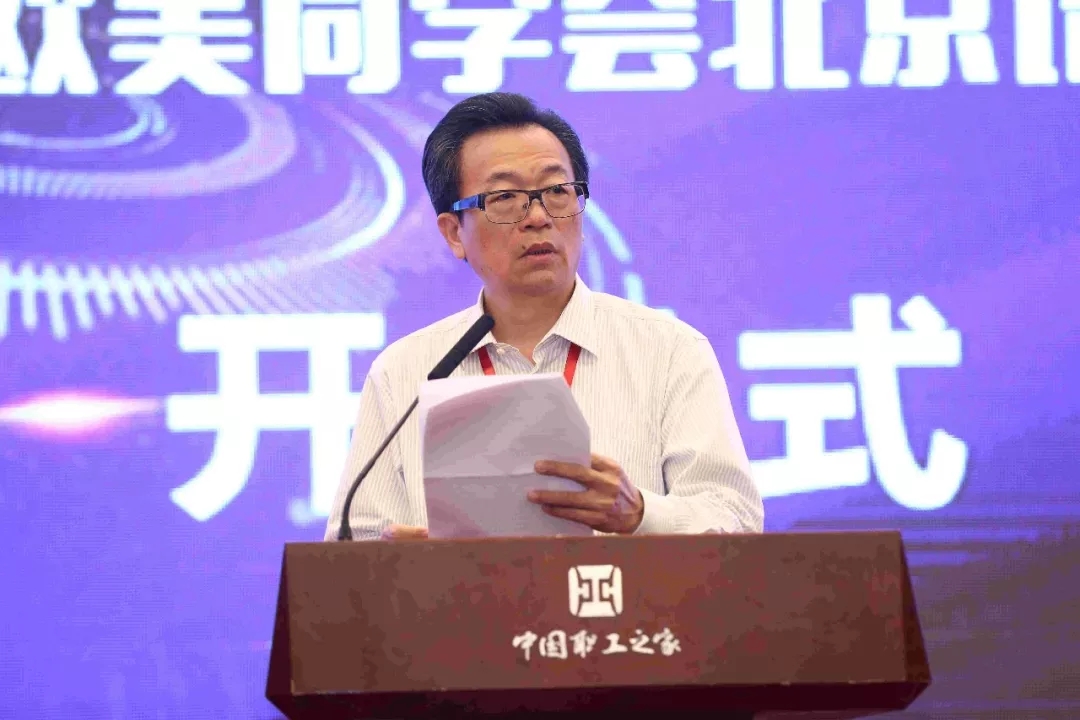
Vice Chairman of All-China Federation of Returned Overseas Chinese Li Zhuobin also spoke highly of returned Chinese students’ contribution to China’s reform and opening-up. For their high-level education, international perspectives and innovation capabilities, they will continue to provide the resource crucial to China’s development as they did in the past 40 years.
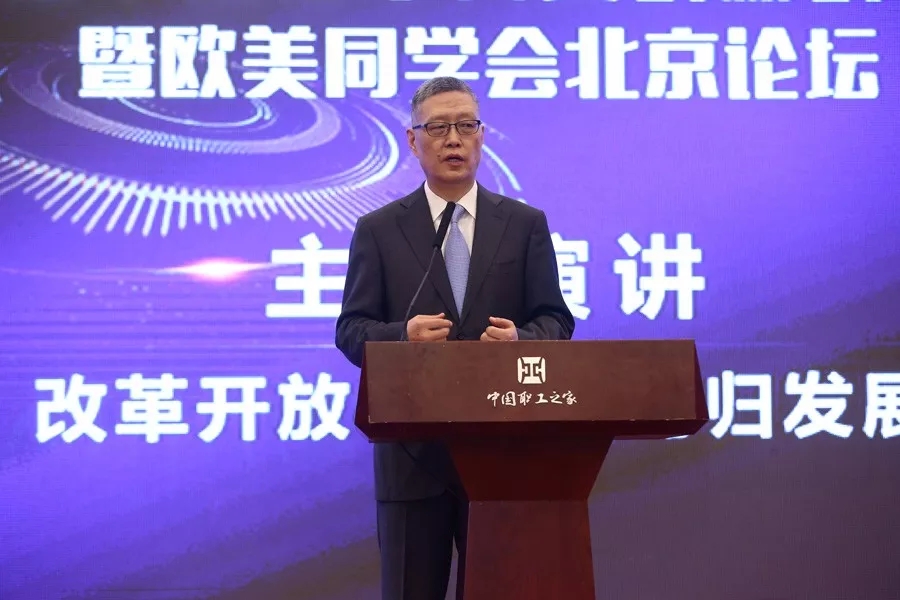
During his keynote speech, Former Vice Minister of Foreign Affairs Ministry He Yafei listed the major contribution that returned Chinese students have made in China’s integration in the world over the past 40 years, including pushing forward China’s economic globalization and formation of global market, helping China gain a bigger role in global governance, and promote cross-culture exchange and integration.
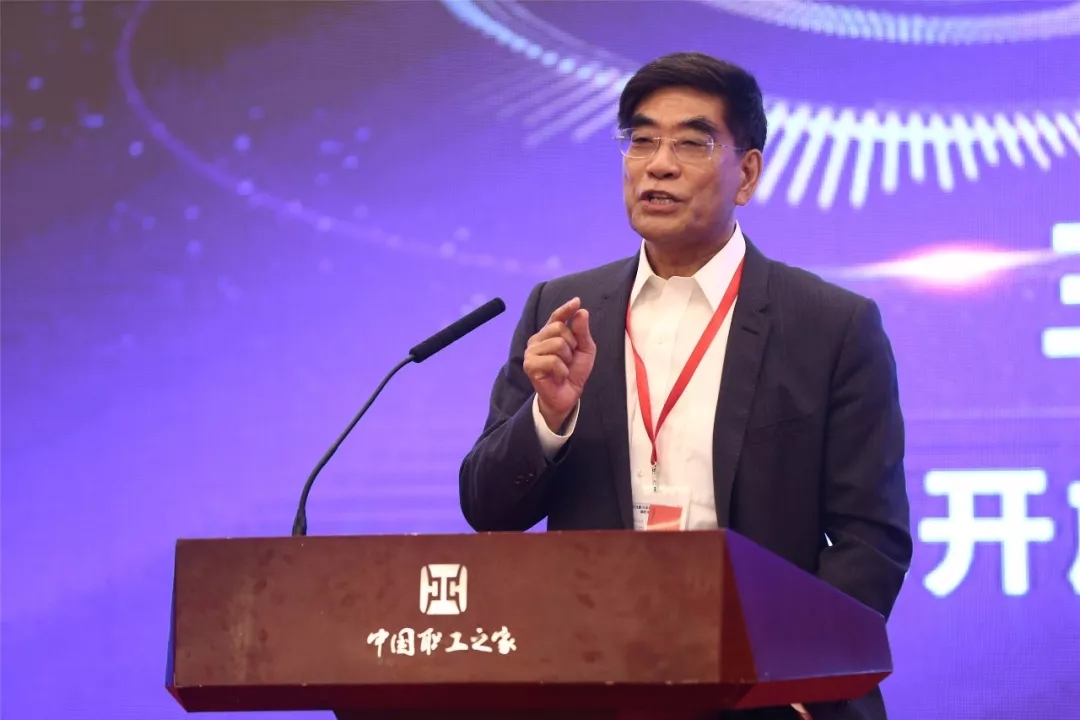
Drawing on his own experience, former President of Sinopec Fu Chengyu suggested in his speech that returned Chinese students should take initiatives to increase their understanding of China’s situation without simply copying foreign practice.
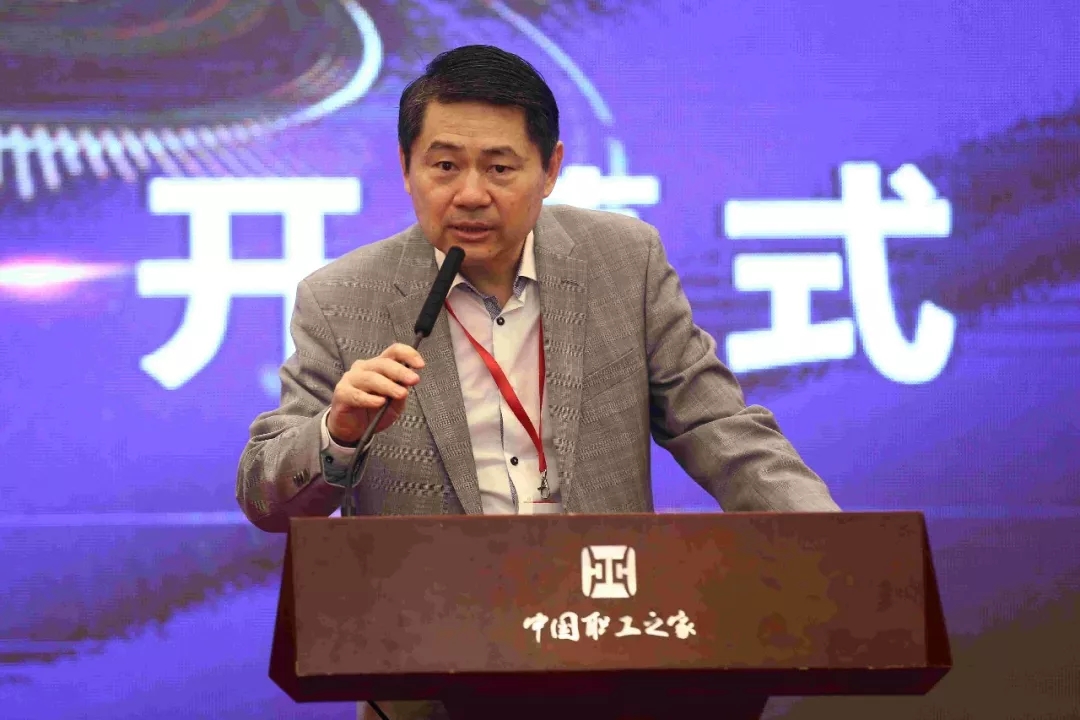
As the last one that delivered keynote speech, CCG President Wang Huiyao told the audience that a lot of Chinese have gone abroad to study and returned after graduation in the past 40 years, which is considered a key part of China’s globalization process. Reviewing the history, he pointed out that those who studied abroad are both beneficiaries and driving force of reform and opening-up. Looking ahead, he believes that returned Chinese students can play a more constructive role in China’s globalization.
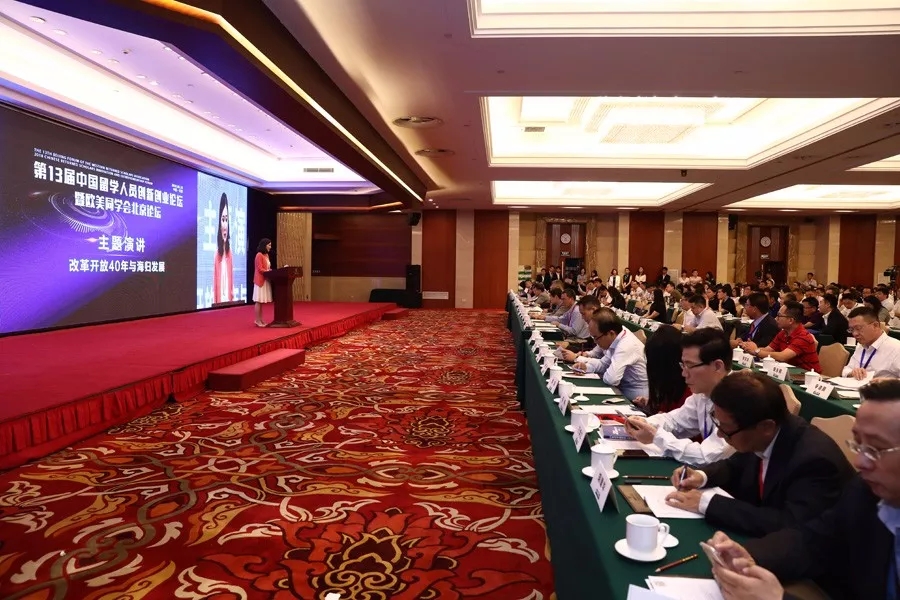
According to the statistics of the Ministry of Education, the number of returned Chinese students has reached 480,900 in 2017, including 227,400 with postgraduate degrees. Between 1978 and the end of 2017, there have been a total of 3.13 million overseas students returned home, accounting for 83.73% of the total. The momentum is growing stronger along with China’s economic development.
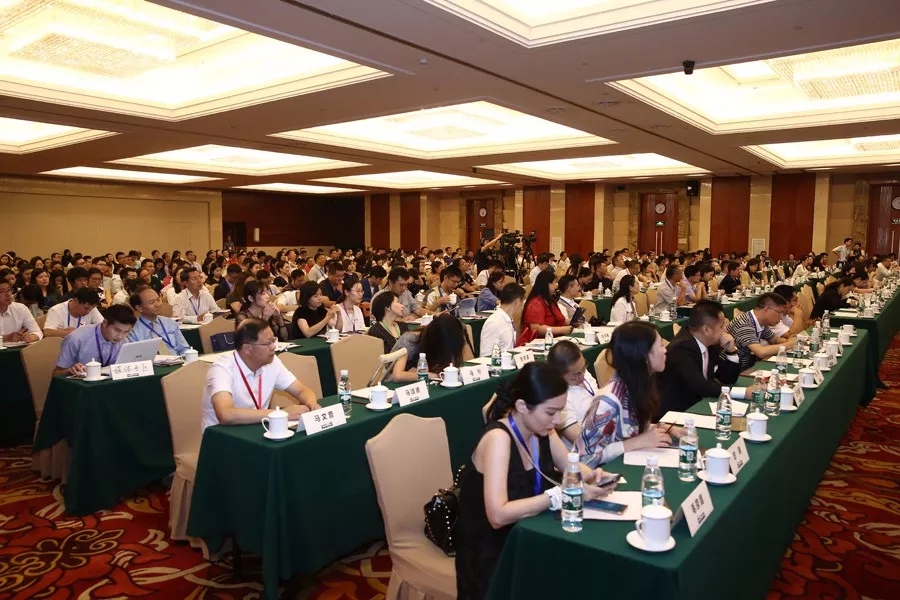
CCG has hosted Beijing Forum of the Western Returned Scholars Association annually, as the highest-level and most influential conference for returned Chinese. It is focused on employment and entrepreneurship issues, and provides policy advice on talent development and innovation development. As the past 12 years, this year the conference gather a large number of government officials, business leaders and scholars to explore the new ways to engage returned Chinese in building a strong country.
The 2018 forum set four sessions, respectively focusing on the future mission of returned overseas Chinese, new trend in financial investment industry, talent development policies and innovation environment in the new era, and innovation and entrepreneurship of young returnees.
The 1st session, hosted by Dr. Wang Huiyao, looked in the issues like how overseas returnees can leverage their knowledge, network and resource to make the world better understand China and China become more involved in the world affairs, and how they can help push forward industrial upgrading and innovation with their global perspectives.
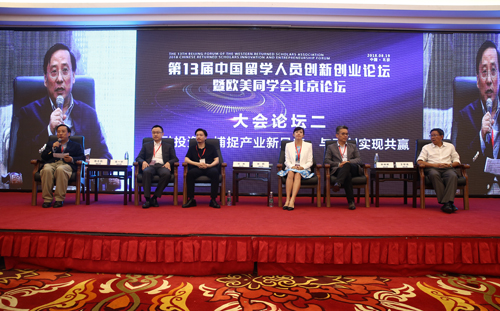
The 2nd session focused the discussion on the impact of China-US trade conflicts on financial market and touched upon the issues including the trend of financial investment in the next five years, the impact that emerging fintech industry has on traditional financial industry, and the new opportunities that blockchain technology brings to Internet finance.
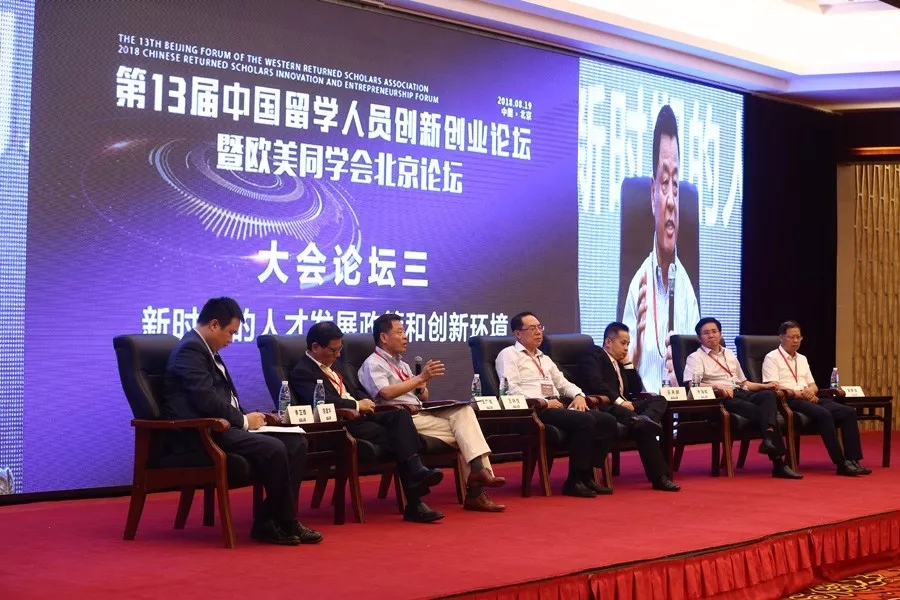
It was followed by the session on talent development policies. In view of a number of policy measures rolled out from the central and local governments last year, the participants shared their evaluation and suggestion on how to more effectively attract and retain talent by improving the policies of healthcare, social security and children education and providing more services to help returnees with their career path.
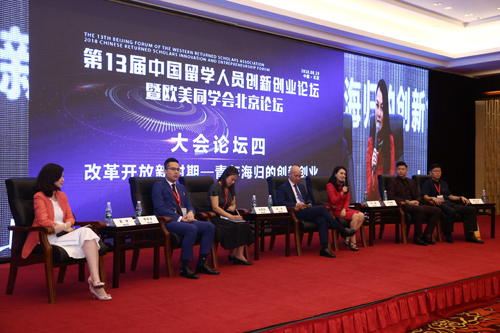
In the last session, CCG Secretary General Miao Lu led young entrepreneurs to discuss the core competitiveness and quality China needs in globalization and what kind of policy incentives can motivate them to return home and start their career.
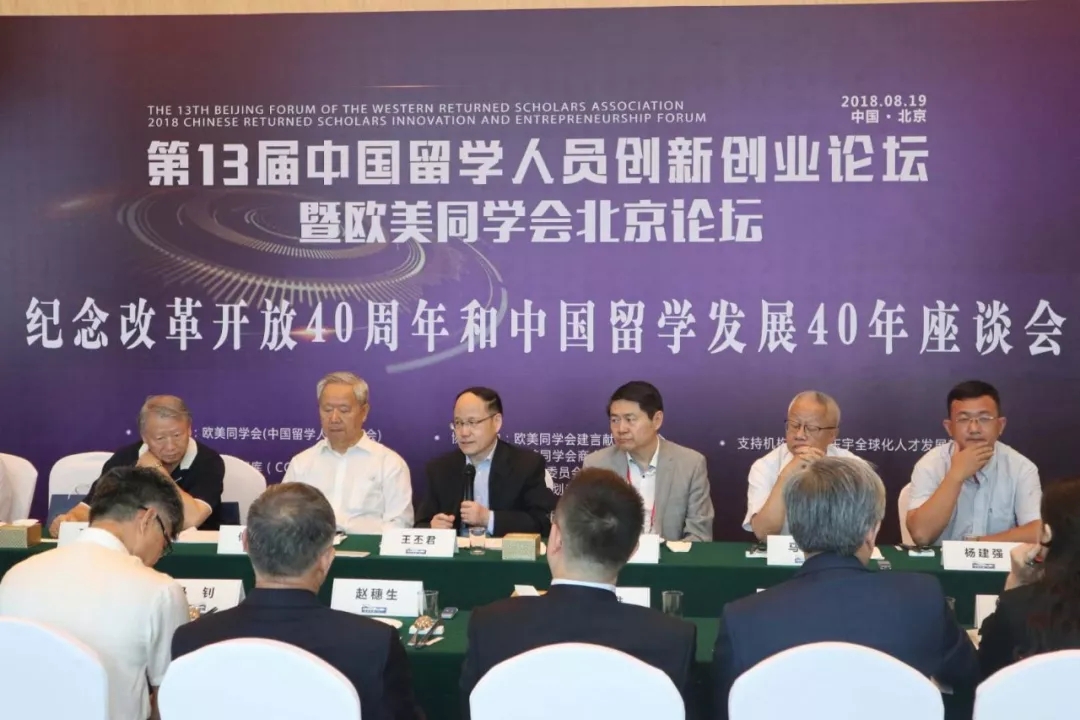
The forum concluded with a speech by Secretary General of the Western Returned Scholars Association Wang Pijun and discussion of over 30 business executives, returned Chinese entrepreneurs and scholars.
